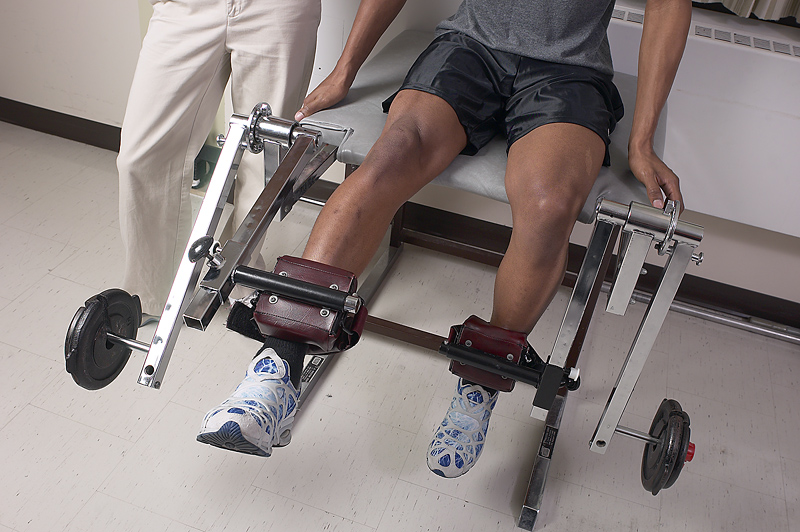
THURSDAY, June 17 (HealthDay News) — In early experiments with mice, scientists have found a bacteria living in the gut may trigger an immune response that can result in rheumatoid arthritis.
The gut of all mammals is populated with thousands of different types of bacteria, many of which are essential for developing a normal immune system. But some of these bacteria also appear to have a part in the development of autoimmune diseases, the researchers explained.
“This is an important, rather young, area of investigation,” said lead researcher Diane Mathis, a professor of pathology at Harvard Medical School.
While these experiments in mice are still preliminary, and animal studies often fail to produce similar results in humans, the findings could lead to a new way of looking at autoimmune diseases and might even result in new ways to treat or prevent them.
“It may eventually be possible to ameliorate or protect from human autoimmune diseases, arthritis and others, by treating with probiotics, antibiotics or other inhibitors of bacterial products,” Mathis said.
The report is published in the June 25 issue of Immunity.
For the study, Mathis and colleagues raised mice genetically prone to developing arthritis in a germ-free environment. These mice had fewer arthritis-causing antibodies than mice raised in a normal environment.
However, when the mice were put in a non-germ-free environment and had segmented filamentous bacteria placed in their stomachs, which is a common gut bacteria, the animals quickly started making antibodies and developed arthritis within four days, the researchers found.
“It is important to recognize that individuals do not ‘catch’ arthritis via bacterial infections,” Mathis said. “Rather, the bacteria trigger a program to play out on a genetically susceptible background.”
In this case, the bacteria cause the mice to make more of a type of white blood cell. The immune system reacts to these cells as threatening antibodies that in turn trigger rheumatoid arthritis, Mathis explained.
The research was funded by the U.S. National Institutes of Health.
The notion that bacteria in the stomach can affect the development of autoimmune diseases such as rheumatoid arthritis is not that farfetched since these bacteria have been linked to irritable bowel syndrome and other such diseases.
For example, stomach ulcers are caused by bacteria and successfully treated with antibiotics.
Dr. Nancy Klimas, a professor of medicine at the University of Miami Miller School of Medicine and a specialist in immunology, said that “this concept of the gut flora being important to human health is considered a rather radical concept, but it’s been embraced more and more recently.”
Klimas noted that a severe type of arthritis called reactive arthritis, formerly known as Reiter’s syndrome, is caused by a genetic susceptibility and triggered by infection.
“You can cruise through your whole life with that little gene hanging out there and never ever have a health problem, but if you get certain acute infections those infections can trigger a huge inflammatory response and then you are left with this lifelong arthritis condition,” she said.
In the future, changing the bacteria in the gut could prevent or treat some of these diseases, Klimas said. “This is an exciting new way of thinking, and it could certainly change the way we practice medicine.”
Klimas speculated that the overuse of antibiotics may be changing the bacterial environment in the stomach and causing drastic increases in diseases.
“This raises the possibility that when you see illnesses that seem to be inflammatory or autoimmune, this flora of the gut may well be playing a role,” she said.
More information
For more on arthritis, visit the U.S. National Library of Medicine.

